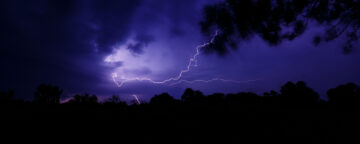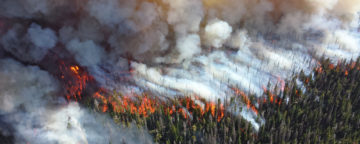The Climate Communication Division of the Annenberg Public Policy Center is a hub for interdisciplinary, translational research on climate communication, resilience, action, and policy which focuses on topics at local scales (e.g., environmental justice initiatives in West Philadelphia), global scales (e.g., the development and evaluation of media campaigns that communicate climate science knowledge), and the neural, psychological and/or sociological mechanisms that motivate belief, attitude, and behavior change, as well as resilience and social connection. APPC’s work in this space aims to educate and co-create scholarship with others across the academy, the public, policymakers, and journalists as key contributors and beneficiaries. The Climate Communication Division’s research involves experiments, surveys, computational methods, and neuroimaging. Drawing on grants and APPC support, the division works in partnership with the other APPC divisions and institutes and affiliated centers, including including the Penn Center for Science, Sustainability, and the Media, and the Communication Neuroscience Lab.

What Behavioral Strategies Motivate Environmental Action?
An interdisciplinary research team at APPC and Penn ran an “intervention tournament” to test strategies and learn the most effective ways for motivating people to act on climate change.








